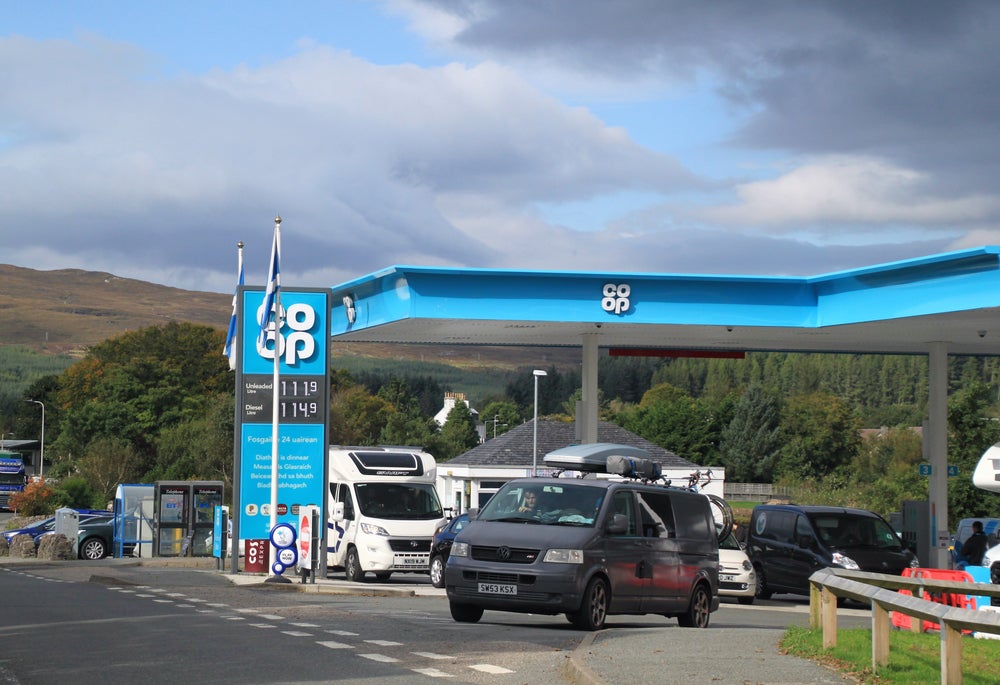
UK-based convenience store operator the Co-op has issued a warning about the alarming surge in retail crime, which could potentially lead to the emergence of “no-go” areas for shops in certain communities.
The company reported a significant increase of more than one-third in crime incidents within its outlets during the past year, with an average of 1,000 cases of crime, shoplifting and anti-social behaviour per day between January and June.
The lack of police response to serious retail crimes has raised concerns, prompting the Co-op to call for urgent action and a focus on targeting repeat and prolific offenders to curb the escalating criminal activities.
Police response lags as retail crime skyrockets
The Co-op’s figures revealed a staggering rise in retail crime, with a 35% increase in incidents in the first six months of the current year compared to the same period last year.
This surge poses a significant challenge to the company’s operations and the safety of its staff and customers. Despite these alarming statistics, the Co-op found that many police forces were not adequately prioritising retail crime.
On average, an alarming 71% of serious retail crimes did not receive any response from the police. This lack of action has allowed criminal gangs to operate with impunity, leaving communities vulnerable to crime.

US Tariffs are shifting - will you react or anticipate?
Don’t let policy changes catch you off guard. Stay proactive with real-time data and expert analysis.
By GlobalDataRetail crime’s devastating impact on Co-op stores and communities
The Co-op’s food managing director, Matt Hood, highlighted that retail crime is predominantly driven by repeat and prolific offenders and organised criminal gangs.
In the worst cases, the situation could be described as “looting.” Incidents of brazen and violent theft have left Co-op staff feeling scared and threatened. In one disturbing example, a Co-op store in inner London was looted three times in a single day, illustrating the level of out-of-control crime.
Store managers from different locations reported that shoplifting had worsened and criminals appeared to act with little fear of consequences due to the lack of police response.
This has created an atmosphere of normalcy around criminal activities, instilling fear in Co-op staff and their families.
Co-op’s security measures and the risk to store viability
In response to the rising tide of retail crime, the Co-op has heavily invested in security measures. They spend £40m ($51.5m) annually on security, four times the national average for convenience stores.
These measures include the use of interactive and remotely monitored CCTV, body-worn cameras, communication headsets for store staff and the employment of covert and non-covert guards.
Some stores have resorted to limiting the number of items on shelves, as well as tagging high-theft items such as steaks and cheese. Moreover, the company is considering an expansion of dummy packaging to deter theft.
However, despite these efforts, the Co-op is facing significant losses due to the escalating crime. The cost of security measures and the toll on staff afraid to come to work are driving up operational expenses.
Some stores, particularly those in big cities, are at risk of becoming non-viable commercially, potentially leading to their closure. This could leave communities without access to essential retail services, creating retail deserts in certain areas.



